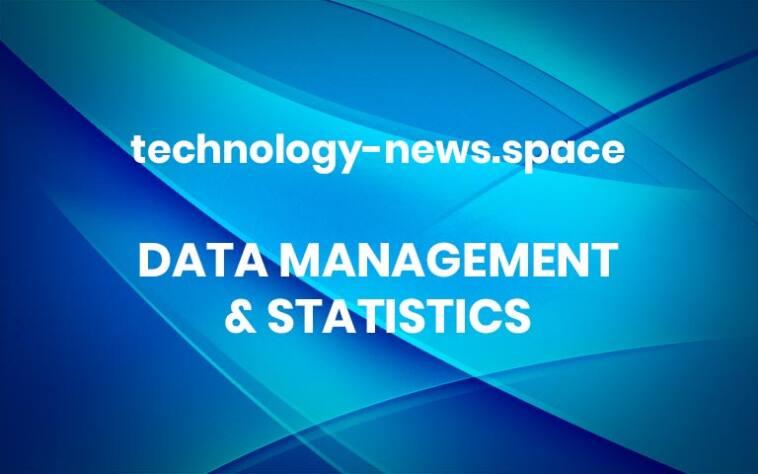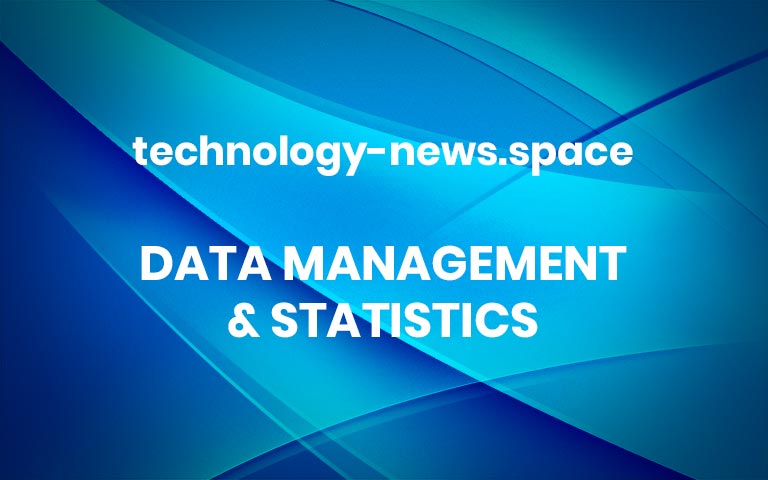Co-creating climate futures with real-time data and spatial storytelling
Virtual story worlds and game engines aren’t just for video games anymore. They are now tools for scientists and storytellers to digitally twin existing physical spaces and then turn them into vessels to dream up speculative climate stories and build collective designs of the future. That’s the theory and practice behind the MIT WORLDING initiative.
Twice this year, WORLDING matched world-class climate story teams working in XR (extended reality) with relevant labs and researchers across MIT. One global group returned for a virtual gathering online in partnership with Unity for Humanity, while another met for one weekend in person, hosted at the MIT Media Lab.
“We are witnessing the birth of an emergent field that fuses climate science, urban planning, real-time 3D engines, nonfiction storytelling, and speculative fiction, and it is all fueled by the urgency of the climate crises,” says Katerina Cizek, lead designer of the WORLDING initiative at the Co-Creation Studio of MIT Open Documentary Lab. “Interdisciplinary teams are forming and blossoming around the planet to collectively imagine and tell stories of healthy, livable worlds in virtual 3D spaces and then finding direct ways to translate that back to earth, literally.”
At this year’s virtual version of WORLDING, five multidisciplinary teams were selected from an open call. In a week-long series of research and development gatherings, the teams met with MIT scientists, staff, fellows, students, and graduates, as well as other leading figures in the field. Guests ranged from curators at film festivals such as Sundance and Venice, climate policy specialists, and award-winning media creators to software engineers and renowned Earth and atmosphere scientists. The teams heard from MIT scholars in diverse domains, including geomorphology, urban planning as acts of democracy, and climate researchers at MIT Media Lab.
Mapping climate data
“We are measuring the Earth’s environment in increasingly data-driven ways. Hundreds of terabytes of data are taken every day about our planet in order to study the Earth as a holistic system, so we can address key questions about global climate change,” explains Rachel Connolly, an MIT Media Lab research scientist focused in the “Future Worlds” research theme, in a talk to the group. “Why is this important for your work and storytelling in general? Having the capacity to understand and leverage this data is critical for those who wish to design for and successfully operate in the dynamic Earth environment.”
Making sense of billions of data points was a key theme during this year’s sessions. In another talk, Taylor Perron, an MIT professor of Earth, atmospheric and planetary sciences, shared how his team uses computational modeling combined with many other scientific processes to better understand how geology, climate, and life intertwine to shape the surfaces of Earth and other planets. His work resonated with one WORLDING team in particular, one aiming to digitally reconstruct the pre-Hispanic Lake Texcoco — where current day Mexico City is now situated — as a way to contrast and examine the region’s current water crisis.
Democratizing the future
While WORLDING approaches rely on rigorous science and the interrogation of large datasets, they are also founded on democratizing community-led approaches.
MIT Department of Urban Studies and Planning graduate Lafayette Cruise MCP ’19 met with the teams to discuss how he moved his own practice as a trained urban planner to include a futurist component involving participatory methods. “I felt we were asking the same limited questions in regards to the future we were wanting to produce. We’re very limited, very constrained, as to whose values and comforts are being centered. There are so many possibilities for how the future could be.”
Scaling to reach billions
This work scales from the very local to massive global populations. Climate policymakers are concerned with reaching billions of people in the line of fire. “We have a goal to reach 1 billion people with climate resilience solutions,” says Nidhi Upadhyaya, deputy director at Atlantic Council’s Adrienne Arsht-Rockefeller Foundation Resilience Center. To get that reach, Upadhyaya is turning to games. “There are 3.3 billion-plus people playing video games across the world. Half of these players are women. This industry is worth $300 billion. Africa is currently among the fastest-growing gaming markets in the world, and 55 percent of the global players are in the Asia Pacific region.” She reminded the group that this conversation is about policy and how formats of mass communication can be used for policymaking, bringing about change, changing behavior, and creating empathy within audiences.
Socially engaged game development is also connected to education at Unity Technologies, a game engine company. “We brought together our education and social impact work because we really see it as a critical flywheel for our business,” said Jessica Lindl, vice president and global head of social impact/education at Unity Technologies, in the opening talk of WORLDING. “We upscale about 900,000 students, in university and high school programs around the world, and about 800,000 adults who are actively learning and reskilling and upskilling in Unity. Ultimately resulting in our mission of the ‘world is a better place with more creators in it,’ millions of creators who reach billions of consumers — telling the world stories, and fostering a more inclusive, sustainable, and equitable world.”
Access to these technologies is key, especially the hardware. “Accessibility has been missing in XR,” explains Reginé Gilbert, who studies and teaches accessibility and disability in user experience design at New York University. “XR is being used in artificial intelligence, assistive technology, business, retail, communications, education, empathy, entertainment, recreation, events, gaming, health, rehabilitation meetings, navigation, therapy, training, video programming, virtual assistance wayfinding, and so many other uses. This is a fun fact for folks: 97.8 percent of the world hasn’t tried VR [virtual reality] yet, actually.”
Meanwhile, new hardware is on its way. The WORLDING group got early insights into the highly anticipated Apple Vision Pro headset, which promises to integrate many forms of XR and personal computing in one device. “They’re really pushing this kind of pass-through or mixed reality,” said Dan Miller, a Unity engineer on the poly spatial team, collaborating with Apple, who described the experience of the device as “You are viewing the real world. You’re pulling up windows, you’re interacting with content. It’s a kind of spatial computing device where you have multiple apps open, whether it’s your email client next to your messaging client with a 3D game in the middle. You’re interacting with all these things in the same space and at different times.”
“WORLDING combines our passion for social-impact storytelling and incredible innovative storytelling,” said Paisley Smith of the Unity for Humanity Program at Unity Technologies. She added, “This is an opportunity for creators to incubate their game-changing projects and connect with experts across climate, story, and technology.”
Meeting at MIT
In a new in-person iteration of WORLDING this year, organizers collaborated closely with Connolly at the MIT Media Lab to co-design an in-person weekend conference Oct. 25 – Nov. 7 with 45 scholars and professionals who visualize climate data at NASA, the National Oceanic and Atmospheric Administration, planetariums, and museums across the United States.
A participant said of the event, “An incredible workshop that had had a profound effect on my understanding of climate data storytelling and how to combine different components together for a more [holistic] solution.”
“With this gathering under our new Future Worlds banner,” says Dava Newman, director of the MIT Media Lab and Apollo Program Professor of Astronautics chair, “the Media Lab seeks to affect human behavior and help societies everywhere to improve life here on Earth and in worlds beyond, so that all — the sentient, natural, and cosmic — worlds may flourish.”
“WORLDING’s virtual-only component has been our biggest strength because it has enabled a true, international cohort to gather, build, and create together. But this year, an in-person version showed broader opportunities that spatial interactivity generates — informal Q&As, physical worksheets, and larger-scale ideation, all leading to deeper trust-building,” says WORLDING producer Srushti Kamat SM ’23.
The future and potential of WORLDING lies in the ongoing dialogue between the virtual and physical, both in the work itself and in the format of the workshops. More



